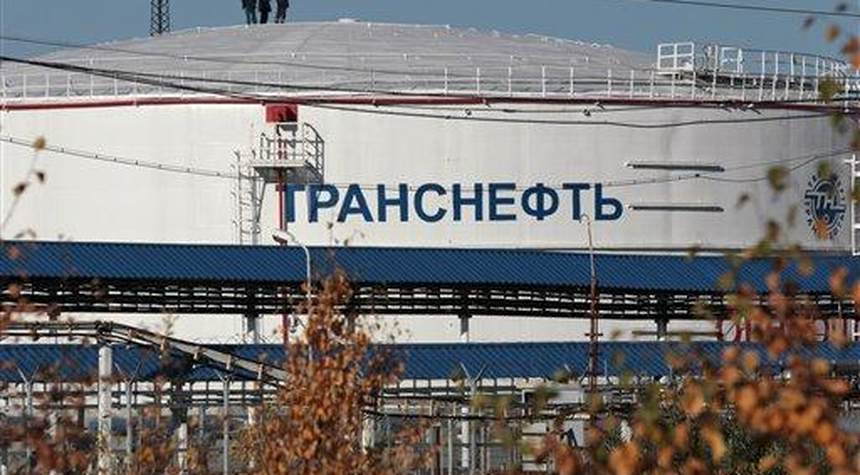Citing a desperate need to continue accessing Russian oil, the Japanese have gotten permission from the U.S. and other allies to buy their oil above a $60-a-barrel cap imposed by the U.S. and other European nations.
In a report from the Wall Street Journal, Japan – a key ally of the United States in Asia – has been reliant on Russian natural gas and oil, despite global calls for nations to reduce their dependency on them. Japan is one of several nations that has been reliant on the Russian fossil fuels, and it has helped Russia stay afloat in its ongoing invasion of Ukraine.
Via the WSJ:
Japan got the U.S. to agree to the exception, saying it needed it to ensure access to Russian energy. The concession shows Japan’s reliance on Russia for fossil fuels, which analysts said contributed to a hesitancy in Tokyo to back Ukraine more fully in its war with Russia.
While many European countries have reduced their dependence on Russian energy supplies, Japan has stepped up its purchases of Russian natural gas over the past year. Japan is the only Group of Seven nation not to supply lethal weapons to Ukraine, and Prime Minister Fumio Kishida was the last G-7 leader to visit Ukraine after Russia’s invasion.
Mr. Kishida has said the G-7 summit he is hosting this May in his hometown of Hiroshima will demonstrate solidarity with Ukraine. Tokyo has said it is committed to supporting Kyiv and can’t send weapons because of longstanding export restrictions the cabinet has imposed on itself.
“We absolutely will not allow Russia’s outrageous act, and we are imposing strict sanctions on Russia in order to stop Russia’s invasion as soon as possible,” said chief government spokesman Hirokazu Matsuno.
Now, as noted in the Journal‘s reporting, Japan’s purchases are not massive, but they do come despite the G-7’s calls for Russia to end its invasion, and a coalition effort led by the U.S. under President Joe Biden to financially hurt Russian President Vladimir Putin over the war. This is not the first time that Japan has gotten the exception, however.
The G-7, the European Union and Australia have agreed to rules forbidding those companies from furnishing services if a buyer of Russian oil is paying more than $60 a barrel.
The nations last year granted an exception to the cap through Sept. 30 for oil purchased by Japan from the Sakhalin-2 project in Russia’s Far East.
Japan needs a stable supply of energy and the Russians can continue to supply it. However, granting that exception to Japan shows that there are limits to the global powers’ decree against Russian energy. There could be alternatives for Japan, however, should the U.S. decide to become a net exporter of energy and be able to provide oil and liquid natural gas to our allies in Japan and elsewhere.
A move like that, however, is at odds with the Biden administration’s continued insistence that America should be moving away from fossil fuels and toward green energy. But that policy allows for someone like Putin to benefit from other nations’ dependency on natural gas and oil – nations that have not made the same foolish pledges the U.S. has.
So, while Joe Biden talks a good game about being tough on Vladimir Putin, his administration agrees to let Japan keep buying fossil fuels from Russia. If he really wanted to be tough on Putin, he could have been a competitor to him, pushing policies that strengthen U.S. output of oil and natural gas and undercutting Russian product. That would have done more to cripple Russia than everything else we have done so far.

